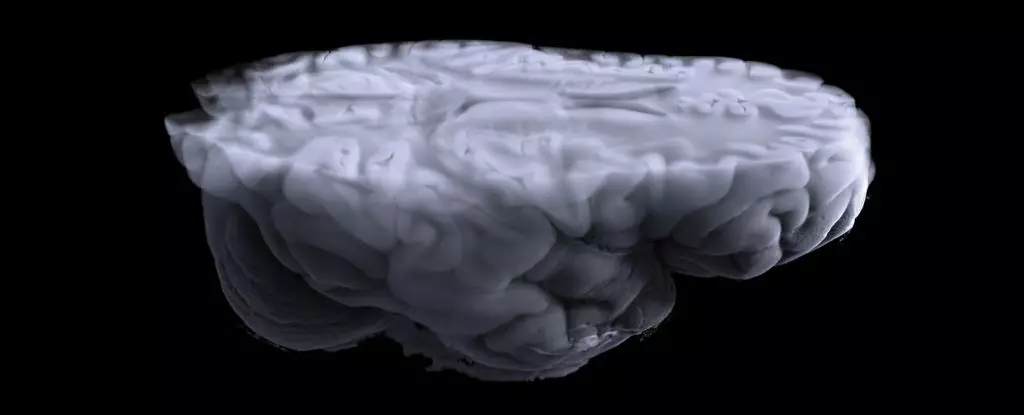The ovaries, aside from their reproductive function, play a crucial role in maintaining overall health as individuals age. Recent brain imaging studies have raised concerns about the long-term effects of surgically removing both ovaries. The analysis involved over 1,000 females over the age of 50 in the US, comparing those who had undergone oophorectomy at different ages. The study found that participants who had both ovaries removed before the age of 40 exhibited reduced white matter integrity in various parts of their brain compared to those who had not undergone the procedure. Even those who had the surgery after age 40 showed some decline in white matter, albeit to a lesser extent. This decline was likened to vascular brain disease rather than Alzheimer’s disease, but researchers noted that these changes could be early indicators of Alzheimer’s pathology.
Impact of Sex Hormones on Brain Health
Historically, neurological studies have predominantly focused on male brains, neglecting the influence of sex hormones on brain health. Testosterone, commonly associated with males, is also produced by the ovaries and is essential for female body functioning. Testosterone has been linked to white matter integrity in the brain, and its sudden loss due to ovary removal before menopause could have adverse effects on brain development. While estrogen replacement therapy is often used to compensate for hormone loss post-oophorectomy, it did not have a significant impact on white matter integrity in the study. This raises questions about the potential role of testosterone in preserving brain health and the need for further research to replicate these findings.
The decision to remove both ovaries for benign conditions has been a subject of debate among scientists, particularly regarding the age at which it is considered safe. While oophorectomy is necessary for cancer treatment, it is also commonly performed for conditions like endometriosis and ovarian cysts. In the US, a significant number of individuals undergoing hysterectomies opt to have both ovaries removed as well, with a considerable portion being under the age of 44. Recent evidence suggests that the risks and benefits of ovary removal at a young age may not be adequately evaluated by both surgeons and patients. For children and adolescents, unnecessary ovary removal can lead to lifelong risks, including early menopause and related chronic health conditions such as bone density loss, cardiovascular disease, and cognitive impairment.
There is a growing recognition of the importance of preserving ovaries whenever possible to safeguard overall health, including brain health. Aside from their role in reproduction, ovaries contribute to the body’s hormonal balance and impact various aspects of health as individuals age. The potential risks associated with early ovary removal underscore the need for a more thorough evaluation of the long-term consequences of such procedures. Protecting the brain from harm is just one of the many reasons why preserving the ovaries is crucial for maintaining lifelong health. Further research is needed to better understand the implications of ovary removal on overall health and well-being.


Leave a Reply